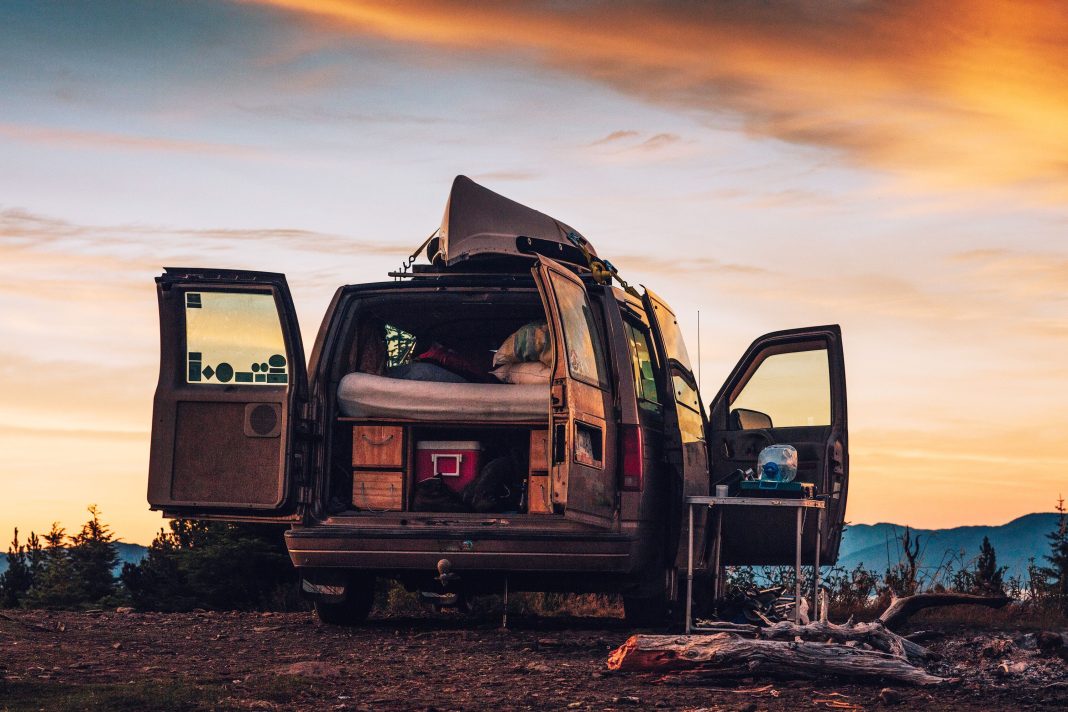The quest for freedom has taken a modern turn, with individuals across the globe reinventing the concept of home. Van life, the movement that has individuals trading traditional dwellings for mobile living in camper vans, buses, and RVs, has burgeoned into a cultural phenomenon. As the new nomads hit the road in search of adventure, simplicity, and an unbridled sense of liberty, we explore the motivations driving this lifestyle, the realities of life on the move, and how this movement is redefining the pursuit of happiness.
Why Van Life? The Lure of the Open Road
At the heart of the van life movement is a yearning for personal freedom and a break from the societal mold. The nomadic lifestyle offers an escape from the 9-to-5 grind, high living costs, and the pressure to conform to conventional life milestones. Van lifers speak of a profound sense of liberation in shedding material possessions and the ability to explore the world on their own terms.
The movement isn’t confined to any single demographic. Retirees seeking adventure post-career, young professionals keen on a minimalist lifestyle, and families looking to educate their children through travel, all find solace in this mobile way of living. Social media platforms teem with picturesque landscapes and perfectly framed sunsets, but the true essence of van life is found in the gritty, unfiltered experiences that come with life on the road.
The Economics of Mobile Living
Contrary to popular belief, van life doesn’t always equate to a cheaper way of living. Initial costs can be steep, with the price of customizing a van running into the tens of thousands. However, over time, many nomads find that the lack of rent, reduced utility bills, and the absence of a mortgage can indeed lead to significant savings.
Yet, the economics of van life extend beyond mere budgeting. This lifestyle represents a philosophical shift towards experiential investment. For these new nomads, the value lies in experiences over possessions, with financial resources channeled into creating memories rather than accumulating goods.
Sustainability and Environmental Consciousness
Sustainability plays a central role in the van life narrative. The small-space living conditions foster a lower consumption lifestyle, inadvertently reducing one’s carbon footprint. Many mobile dwellers install solar panels, composting toilets, and practice waste-reduction techniques, mirroring a growing societal shift towards eco-conscious living.
However, the nomadic lifestyle also poses unique environmental challenges. The carbon emissions associated with frequent travel and the impact on local ecosystems by transient populations cannot be ignored. Responsible nomads are thus increasingly adopting principles of ‘Leave No Trace’ to mitigate their environmental impact.
Navigating the Challenges
Life on the road isn’t without its hurdles. From mechanical breakdowns and the ongoing search for safe parking to the constant uncertainty of tomorrow, van life demands resilience and adaptability. There’s also the question of legality, as many cities aren’t equipped with laws that accommodate this unconventional way of living, leading to potential legal issues for dwellers.
Despite these challenges, the community remains tightly-knit, with seasoned veterans often sharing tips with novices. The internet is awash with forums and groups dedicated to van life, offering advice on everything from the best off-grid locations to van maintenance and budgeting strategies.
The Future of Nomadic Living
As remote work becomes more prevalent and the desire for a balanced life intensifies, van life’s appeal is only expected to grow. Vehicle technology advancements, the development of digital nomad-friendly spaces, and a greater societal embrace of alternative lifestyles all indicate that this trend is more than a fleeting fad—it’s a blueprint for a potential future norm.
Van life symbolizes a collective reimagining of what it means to be free in the modern age. It’s a testament to the human spirit’s adaptability and a reminder that sometimes, the best way to find oneself is to get lost on the open road.
As van lifers continue to forge their paths across diverse landscapes, they carry with them a message of freedom, adaptability, and a conscientious approach to living. This movement, steeped in the romanticism of the open road yet grounded in practicality, invites us all to reconsider what we need to live a fulfilled life. For some, that answer lies in four wheels and the horizon ahead.

